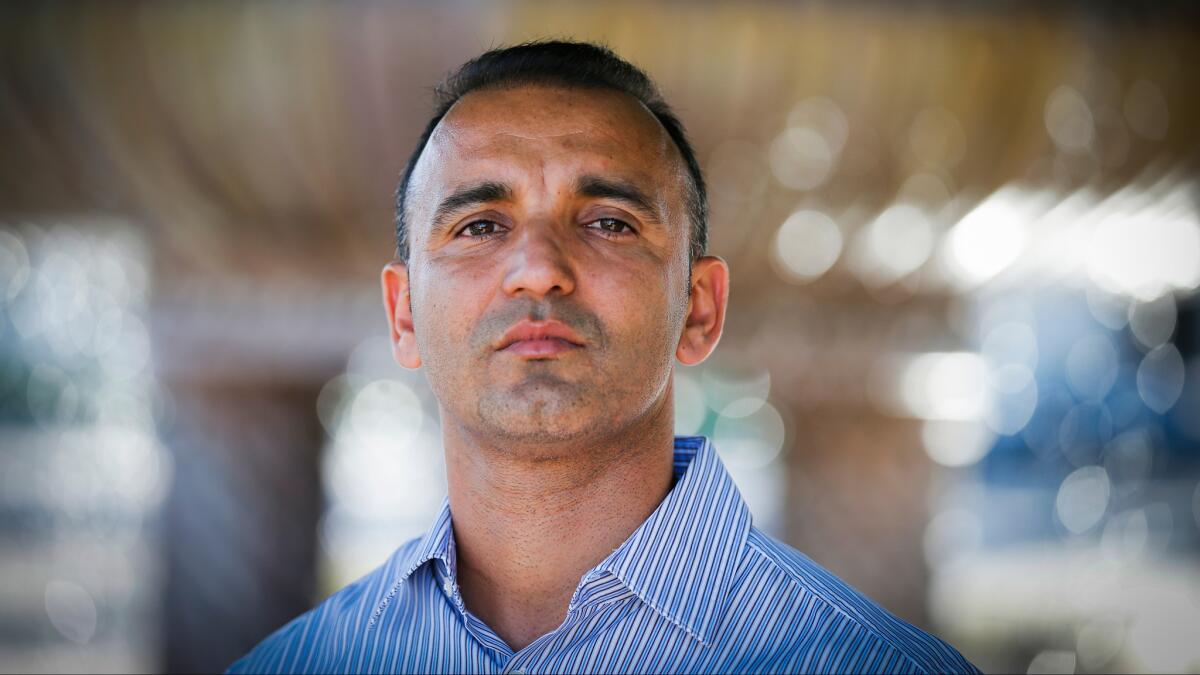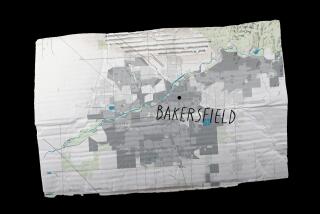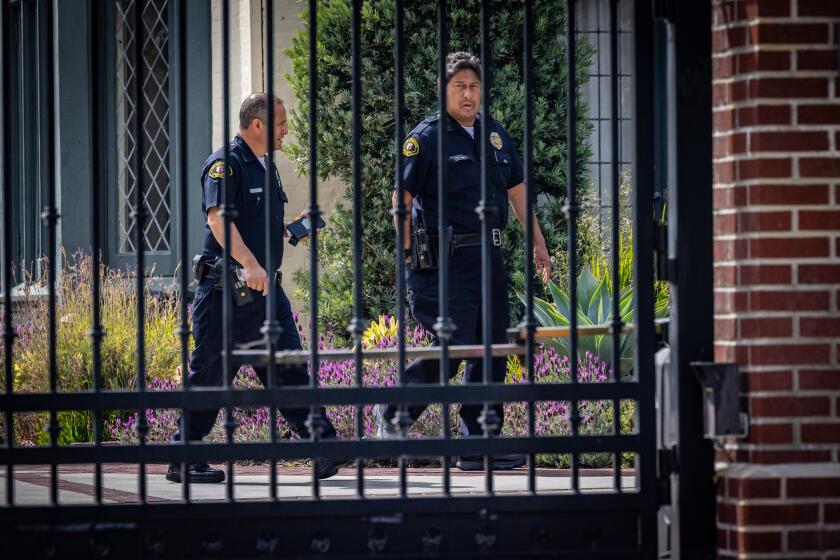The feds had an open-and-shut bribery case against 2 brothers. Then it unraveled

The case against the brothers seemed like a sure thing.
Last October, FBI agents arrested Sukhbir Singh and his brother Jimmy Sandhu, the owners of a tow truck company. The men were charged with bribing a member of the Huntington Park City Council in an effort to buy his support for higher towing fees.
The lead agent in the case laid out in court papers seemingly irrefutable evidence against the men: For more than a year, the councilman had been working as an informant and secretly recorded his conversations with the brothers. The recordings appeared to show the men offering money in exchange for the councilman’s vote.
The case, however, was anything but open and shut.
Since the arrests, the government’s case against Singh and Sandhu has all but unraveled. In March, prosecutors from the U.S. attorney’s office dismissed the charges against Sandhu without explanation. And this summer, when a judge found FBI agents had probably violated Singh’s constitutional rights when they interrogated him without an attorney, prosecutors promptly dropped the bribery charge against him.
As part of a hastily struck plea deal, Singh agreed to plead guilty to a lesser charge he faced of making a false statement to FBI agents during contested interrogation.
Monday brought a final disappointment for the government when U.S. District Judge Philip S. Gutierrez sentenced Singh to probation — rejecting prosecutors’ argument that he should go to prison.
As part of his probation, Singh must spend two months detained in his house and perform community service. In addition, under the terms of a separate agreement, he can no longer have a role in the towing company.
Dan Shallman, Singh’s attorney, called the result “a huge vindication.”
Far from proving Singh had tried to buy the councilman’s vote, Shallman said, the recordings captured the brothers offering small, legal campaign contributions. The conversations, he said, had been selectively edited to make it appear as though Singh was trying to bribe the councilman.
Shallman also accused the FBI and prosecutors of trying to use the allegations against Singh and his brother to pressure them into becoming informants themselves in investigations into possible corruption by public officials.
Through an aide, Eileen Decker, the U.S. attorney for the central district of California, disputed Shallman’s claims.
Wesley Hsu said in a written statement that prosecutors remained convinced that Singh had lied to FBI agents to cover up attempted bribery. He also downplayed the decision to make the plea deal, saying it came about because of Singh’s willingness to accept responsibility for lying. In addition, Hsu said, the government “would never proceed with a prosecution that was not based on the facts of a case simply to obtain a defendant’s cooperation.”
Anemic civic engagement and a no-holds-barred political landscape in the largely industrial, heavily immigrant cities south of Los Angeles — including Huntington Park — have given rise to corruption. Elections often are decided by a small fraction of voters, and special interests have tried to exploit the situation to sway votes in their favor.
The investigation into Singh and Sandhu’s H.P. Automotive & Tow Service Inc. focused on a vote by the Huntington Park City Council in the summer of 2013 against increasing the fees the company could charge to tow and store vehicles impounded by police.
It is unknown why FBI agents approached Valentin Amezquita, a member of the council who voted against the fee increase. But over the next months, Amezquita wore recording devices during meetings or phone calls with Singh, who was sometimes accompanied by Sandhu.
In court papers, the FBI did not name Amezquita. The Times identified him as the informant through City Council voting records.
At one of the recorded meetings, Singh and a lobbyist met with Amezquita over lunch. According to an affidavit filed by Jason Dalton, the lead FBI agent in the case, Singh complained about the council’s vote and asked Amezquita for his support when the fee increase came back for another vote. The lobbyist also assured the councilman that Singh would help pay off any outstanding campaign debts he might have.
In arguing that Singh be sentenced to prison, Assistant U.S. Atty Brandon Fox raised that meeting and others to the judge Monday as evidence of Singh’s intent to bribe the councilman.
Defense attorney Aaron Lewis shot back that the exchange was an example of how the FBI and U.S. attorney’s office had tried to skew Singh’s intentions by omitting mention of the many minutes of conversation that took place between talk of the council vote and campaign contributions.
In all, the government alleged the councilman had received checks totaling $2,650 — although banks refused to cash a few checks totaling $800 for various reasons, including one that bounced.
In January 2014, the council voted again and approved the higher fees; Amezquita was absent from the meeting.
The bribery investigation continued until October 2015, when Dalton used a ruse to get the brothers to appear for an interview, telling them immigration officials needed to speak to Singh about the status of his wife’s visa.
Shallman and Lewis contended that Dalton and another agent did not clearly advise the men of their rights during the hours-long interrogation, and improperly pressed ahead after Singh indicated he wanted an attorney present.
The FBI and U.S. attorney’s office defended the agents, saying in statements that they acted appropriately.
During a pretrial hearing, Gutierrez said he was inclined to not allow anything Singh had said in the interrogation to be used at trial. That would include his statement to agents that he hadn’t discussed with the councilman a plan to have contributions come from friends instead of the tow company — the lie he admitted to in his plea.
Before the judge could issue a formal ruling, prosecutors approached Singh with the deal.
Follow @joelrubin on Twitter
ALSO
If California’s 21-and-up smoking law is a success, other states may follow suit
When Monterey Park became more Asian, this music man changed with the times and thrived
‘All we do is clean and clean’: There are big plans for MacArthur Park, but residents are skeptical
More to Read
Start your day right
Sign up for Essential California for news, features and recommendations from the L.A. Times and beyond in your inbox six days a week.
You may occasionally receive promotional content from the Los Angeles Times.







